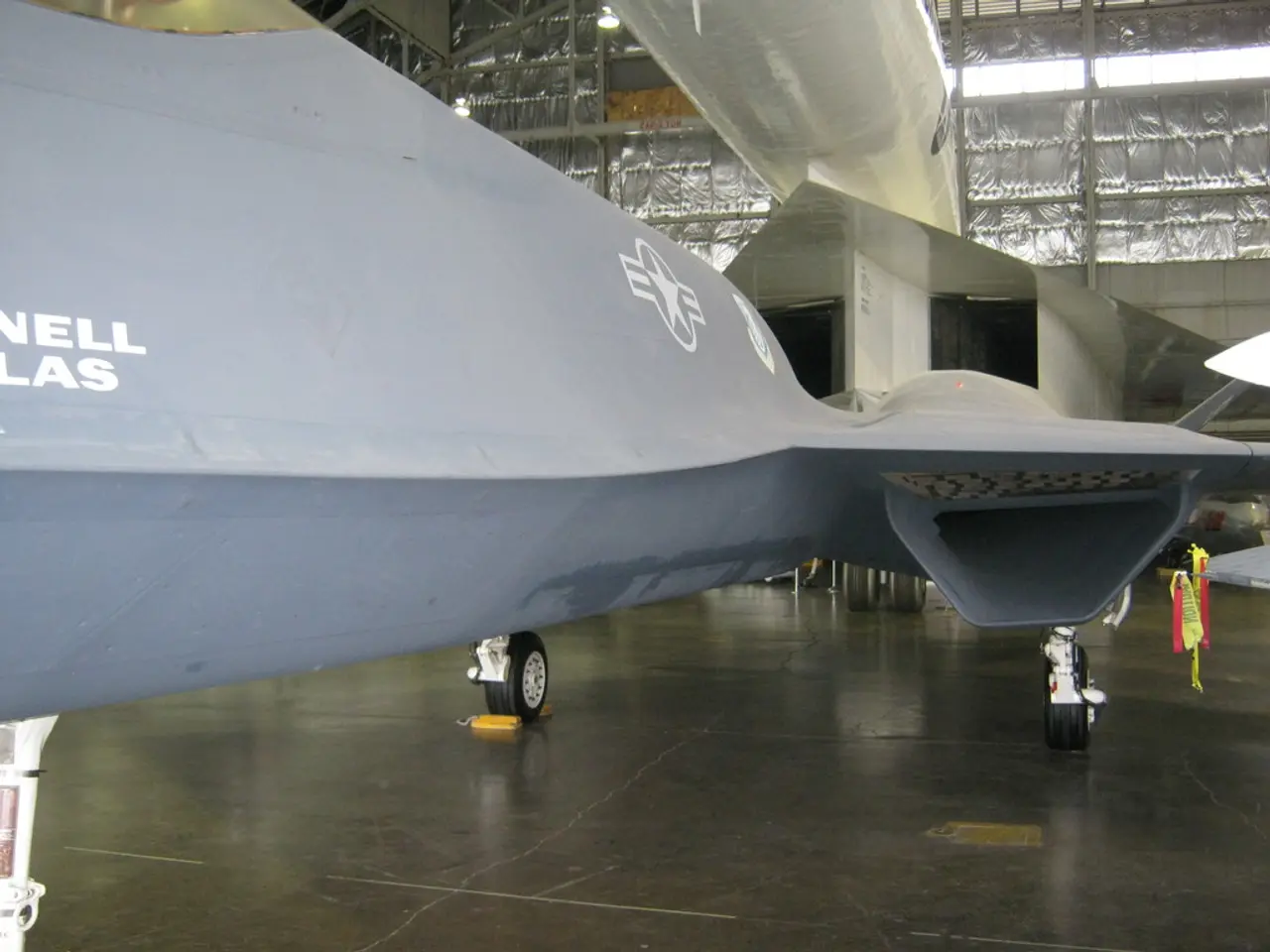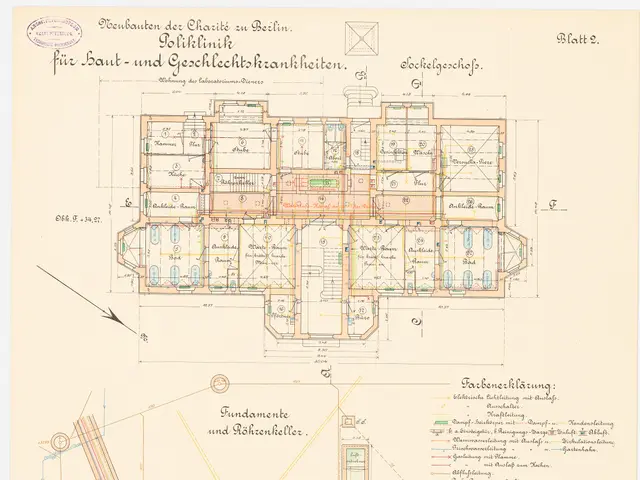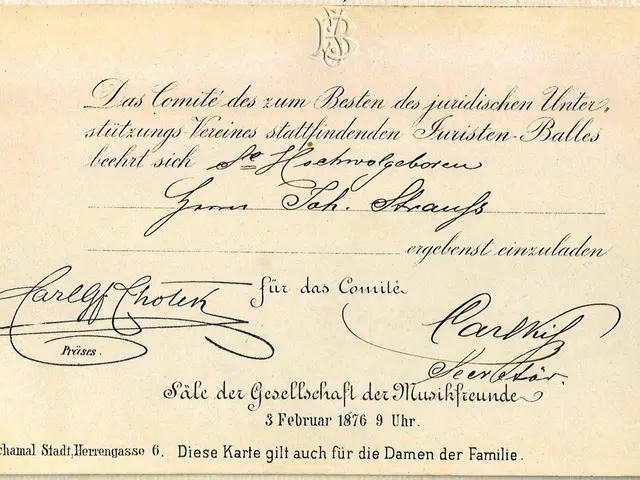Enhancing aircraft safety at all times
Airbus Emphasizes Safety Beyond Certification Standards
Airbus, a global leader in the aviation industry, is committed to enhancing aircraft safety beyond standard certification requirements. This commitment is evident in the work of specialists like Florence Le Marchand, who plays a significant role in the Safety Enhancement department.
Florence Le Marchand, with a Master's degree in aeronautical mechanics, is at the forefront of Airbus's safety initiatives. Her work involves analyzing events and 'weak signals' to launch preventive actions, ensuring that Airbus programs not only meet but exceed certification requirements.
One of Le Marchand's key projects was the development of the A350 programme. Her role extended beyond the programme's development, as she worked on identifying areas for improvement based on in-service events, Airbus customer support, engineering, and production lines.
Preventive actions are not limited to lessons learned from accidents involving Airbus aircraft. Le Marchand also reviewed and improved radio altimeter data management following an accident involving another manufacturer, demonstrating Airbus's proactive approach to safety.
Airbus's safety strategy is multifaceted. It includes formalized risk management, advanced safety technologies, operational discipline, and regulatory engagement. The company conducts a weekly safety risk analysis with engineering, maintenance, operations, and human performance specialists.
One such advanced safety technology is the Global Aeronautical Distress and Safety System (GADSS), which mandates real-time aircraft distress detection and tracking. This system allows for rapid response beyond standard certification safety measures, ensuring proactive management of emergencies and supporting accident prevention.
Airbus's operational resilience and supply chain management also play a crucial role in maintaining safety. Despite delivery goals and production scalability, the company manages supply chain constraints without compromising safety, fostering continuous improvement.
Collaboration and regulatory innovation are also integral to Airbus's safety strategy. The company participates in shaping and adapting to evolving airspace regulations, including for unmanned and autonomous systems integration. This involvement in regulatory bodies like ICAO and FAA ensures that safety is embedded into future air mobility ecosystems.
In the unfortunate event of an Airbus accident, ICAO Annex 13 activities are initiated by the investigation board and supported by Airbus accident investigators. The mindset of these investigators is to understand the contributing factors of the accident in order to prevent a recurrence and initiate preventive actions.
Florence Le Marchand's goal in her current role is to continually improve aircraft safety and develop new safety enhancements with a "safety beyond standard" approach. Her career at Airbus began as a subcontractor installing systems on the A400M, and she spent 15 years in Customer Support Engineering in the Cabin & Cargo and Flight Controls departments.
Today, Airbus aircraft operate 40,000 flights a day, carrying more than two billion passengers a year. Despite this heavy workload, the fatal accident rate for the latest generation of aircraft is at an all-time low. This is a testament to Airbus's commitment to safety and its success in implementing its safety enhancement strategies.
Airbus's safety beyond standard certification requirements extends to the financial and aerospace industries, as they invest in advanced safety technologies like the Global Aeronautical Distress and Safety System (GADSS) to proactively manage emergencies and prevent accidents. Florence Le Marchand, a specialist in Airbus's Safety Enhancement department, works diligently to develop new safety enhancements with this "safety beyond standard" approach, analyzing events and 'weak signals' across various departments and partnerships in these industries.








